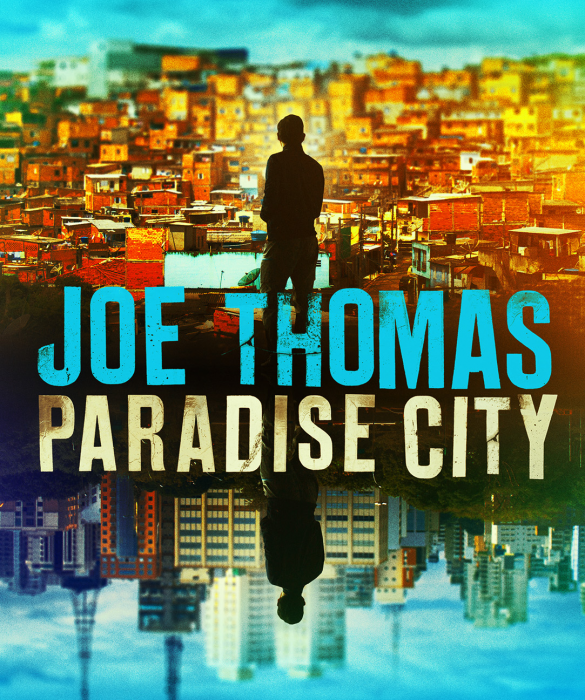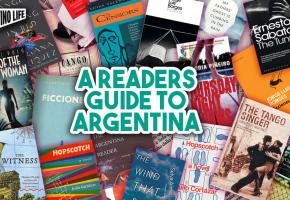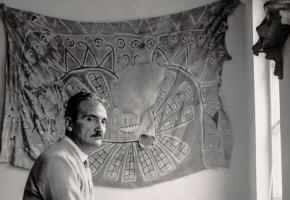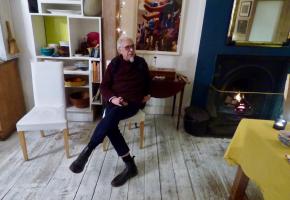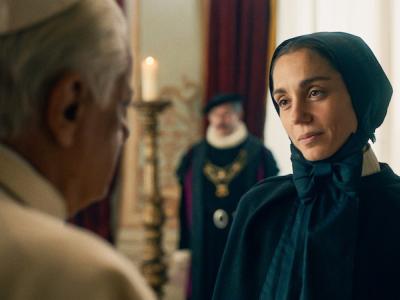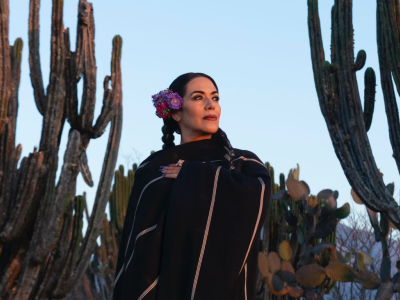São Paulo is the capital of South America. What a city: rich in culture, dripping with cash, undermined by political corruption, marked by a rich/poor disparity which fuels desperation and a life-is-cheap criminal ethos. The idea for my novel Paradise City was born over a weekend in 2006. It was the lovechild of organised crime, the construction industry, and Cazuza, the counter-culture musician and poet. I’d been in São Paulo three years and it was the first time I thought: ah, OK, I get it. This is Brasil.
The PCC gang runs São Paulo crime – mainly drugs. The men that run the PCC run it from prison. These men want to watch the 2006 World Cup on large, flat, wide-screen TV sets. The PCC is like a corporation – none of the flip-flop / assault rifle shtick of the Rio gangs. They are very organised. And they generally get what they want.
So the PCC leaders ask for large, flat, wide-screen TV sets. They pitch for more frequent conjugal visits. These requests are nixed. In response, the PCC leaders tell the authorities that they will: ‘cause some chaos.’
For three days, São Paulo experiences some righteous, PCC-brand chaos. Gangbangers attack the police. They hijack buses. They evacuate them. They set them on fire and leave them burning on major highways. There are rumours of raids on public buildings, that schools and hospitals are next. Over a hundred and fifty people are killed – police, gangsters, and the inevitable, unfortunate bystanders. The stray bullets: the bala perdidas. The city goes into lockdown. The authorities throw in the towel. The PCC get their TVs and, I believe, their conjugal visits.
On the Monday, at the British school where I teach History and English, I speak to the headmaster. The Chief of Police’s son studies with us, and his father dropped him off that morning. The officers who had been shot at over the weekend are receiving danger money. Trauma and whatnot, the chief of police tells the headmaster. Thing is, hearing this, a number of officers have shot at their own police stations. The bullet holes can be used as proof they’ve been attacked. They too, the chief of police said, are claiming danger money.
São Paulo is a city of great contrasts. That weekend, the gap between the have-nots and the elite seemed to close a little. The peculiarity of the crime, the brazenness of the requests and the response, and the implied police behaviour seemed distinctly Brazilian to me.
Paradise City opens with a favela and a stray bullet. In the novel, the city’s construction industry is the connecting backdrop. I lived in Morumbi, close to Paraisópolis, the favela. Paradise City, as it is known, is set low, in a sort of crater, like a settlement built in the hole of a great explosion, an apocalyptic, concrete and brick village, the rough houses pillboxes like machine gun posts.
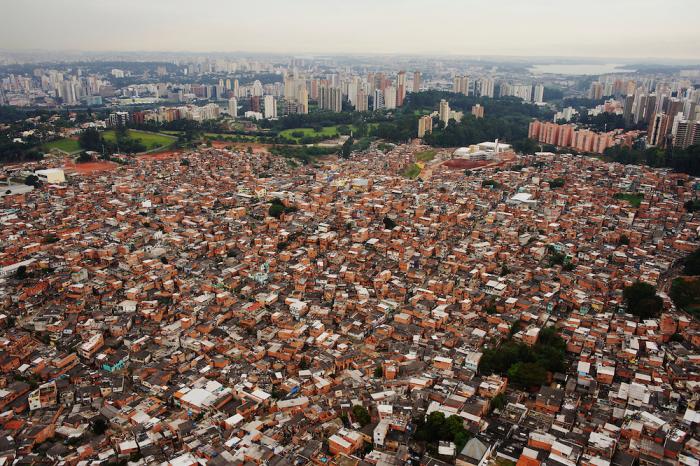
Morumbi is representative of the new São Paulo suburbs. Located in the southwest part of the city, it is affluent with considerable greenery – which will be slowly cut back and concretised over the next ten years. It is unlike the traditional areas around Paulista Avenue with their neighbourhood bars, old-fashioned apartments, and canteen restaurants. It is a place to move to and have children, or move to when your children have left home. It is dangerous outside the condominium gates. As we drive past Paraisópolis, I clock the harried faces, the slouch of rubbish and mess, the half-naked children and the condensed, improvised houses, like an approximation of a home, at least in our narrow conception of one.
From my balcony, I can see a circular and impressive tower block with helipad and gardens. At night, only a couple of the apartments are lit up. My friend Mario laughs when I put it to him that they must be prohibitively expensive.
‘Expensive?’ he says. ‘Mate, they’re knocking them out, cut-price.’
‘So why are so few occupied,’ I ask.
Mario laughs again. ‘Structural damage.’
‘Eh?’
‘There’s a swimming pool on every balcony.’
I raise my eyebrows. This is unusual even for Morumbi.
‘Thing is,’ Mario goes on, ‘they forgot to factor in the extra weight of the water. When they filled them all up, the supporting pillars cracked.’ He laughs again. ‘Idiots.’
It turns out only a few people will invest over a million reais in a dodgy structure.
Still. A few do.
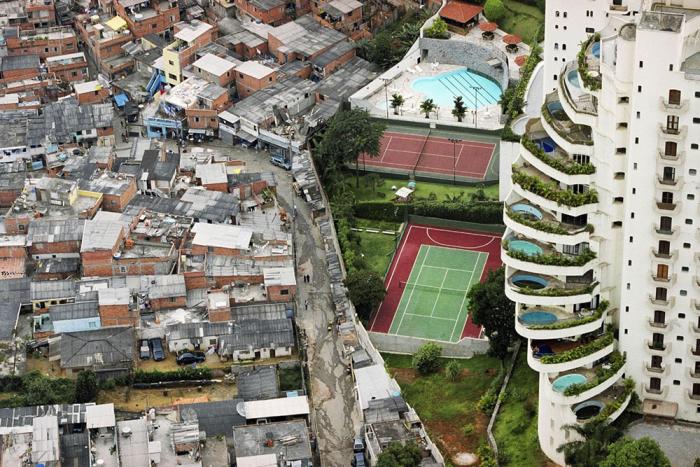
One of the epigraphs to Paradise City is from a Cazuza song, O Tempo Não Para – time doesn’t stop. Cazuza died young due to complications with AIDS. He remains the poet of the disaffected. His work is discursive and profane, preaching inclusivity and tolerance. It is a staunch representative of a growing alternative movement that rejects the nepotism and vulgar capitalism of the country’s elite. The political protests of the last few years recalled one of his songs, ‘Brasil’, and a specific line:
Brasil, mostra tua cara, quero ver quem paga para a gente fiche assim
Brazil, show your face, I want to know who pays for us to end up like this
His lyrics were prescient in the early years of democracy in the post-dictatorship period, and now they reflect a deepening dissatisfaction with the political system. Many Brazilians have had enough of the endemic corruption, the widening inequality: the general passivity in the face of societal injustice. There’s a recurring slogan: O gigante acordou. The giant awoke. In Portuguese the verb ‘acordar’ means to wake up, and, as in English, there is the connotation of stirring yourself to action.
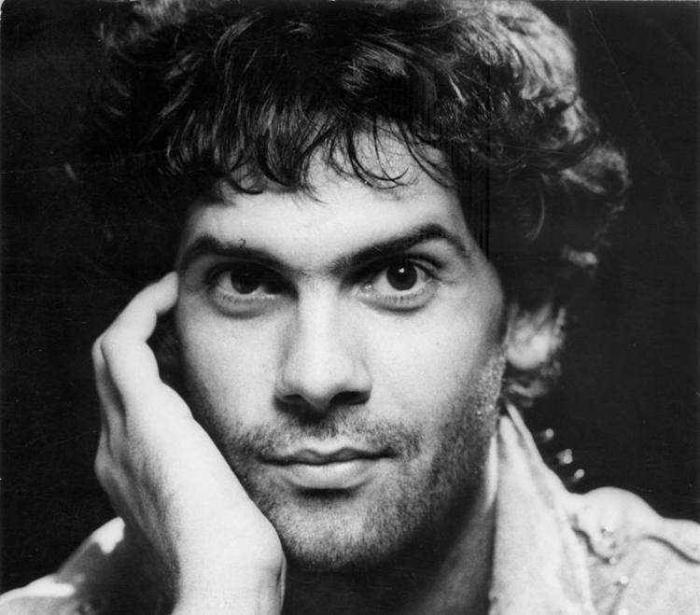
Cazuza’s lyrics find an echo in Paradise City. One couplet was a refrain:
Transformam o país inteiro num puteiro
Pois assim se ganha mais dinheiro
They turn a whole country into a whorehouse
Because that way it makes more money
Joe Thomas is a visiting lecturer in English Literature at Royal Holloway, University of London. Prior to this, he lived and taught in São Paulo for ten years. Paradise City is his first novel, published by www. arcadiabooks.co.uk


